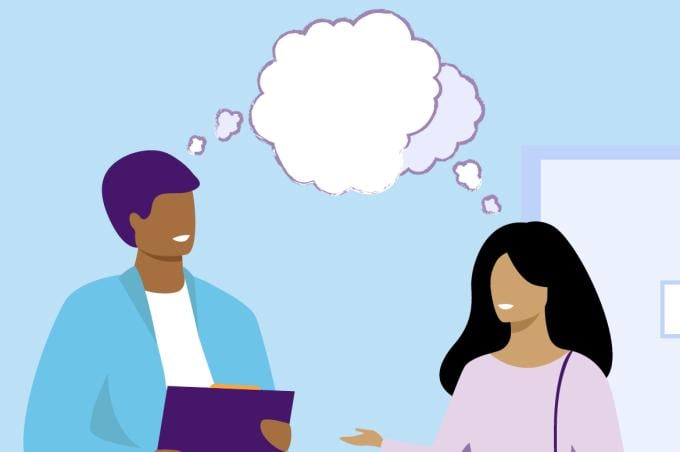High blood pressure is typically symptomless, can quietly damage blood vessels and leads to serious health problems. While there is no cure for high blood pressure, it is important for patients to take steps that matter, such as making effective lifestyle changes and taking BP-lowering medications as prescribed by their physicians. In turn, those changes can enhance their quality of life and reduce their risk of heart and kidney disease, stroke and more.
Nearly half of adults in the U.S. have hypertension, which was a primary or contributing cause of death for more than 691,000 people in this country in 2021. Only about one in four adults with hypertension have their condition under control, according to the Centers for Disease Control and Prevention.
Additionally, 50% of men have high blood pressure compared to 44% of women. Meanwhile, 56% of Black adults have high blood pressure compared to 48% of white adults and 39% of Hispanic adults.
Here is a to-do list for patients drawn from the AMA’s What Doctors Wish Patients Knew™ series—which provides physicians with a platform to share what they want patients to understand about today’s health care headlines—on addressing managing high blood pressure.
-
Measure your BP at home
- Many patients with high blood pressure don’t have their hypertension under control. But when patients measure their BP regularly, and share those measurements with their doctors, they are playing an important role in their care. Here is what patients need to know about taking their own blood pressure measurements outside of the clinical setting, also commonly referred to as self-measured BP.
-
Make appropriate lifestyle changes
- There is a growing need for people to commit to making lifestyle changes to help prevent chronic conditions such as type 2 diabetes and heart disease, yet patients are often uncertain of what changes they should make to improve their health and well-being. This article outlines some of the key changes patients should make.
-
Eat healthful food when you can
- What you eat plays a leading role in your health and well-being. When someone eats healthfully, it helps to protect against many chronic diseases such as heart disease, type 2 diabetes and obesity. But with so many fad diets and food recommendations out there, it can be hard for patients to navigate what to eat and what not to eat. Two physicians offer realistic, tested advice on healthful eating.
-
Avoid unhealthy alcohol use
- Disrupted routines combined with the uncertainty of the pandemic have led many people to feeling isolated at home while experiencing greater stress. As a result, some people became their own bartenders and progressed into heavier drinking patterns to cope with pandemic anger, stress and anxiety. Learn when drinking is a problem, and what can be done about it.
-
Use medications to reach BP goals
- While lifestyle change is key for reducing blood pressure, many patients need medication to reach their blood pressure goal. That is why it is important for patients to talk with their physicians about what medications are being prescribed and how the medications work to lower blood pressure.
-
Watch your sodium consumption
- While sodium is an essential nutrient, most people consume too much and are not even aware they are doing so. The body needs a small amount of sodium to work properly, but excess sodium can increase a person’s risk for developing high BP. That is why it is important to understand where most salt intake comes from and which choices to make to lower it.
-
Be mindful of your cholesterol
- High cholesterol and high blood pressure tend to run together. But, while one does not necessarily cause the other, it is common to see both in an individual. Nearly 94 million adults over the age of 20 have what could be considered borderline high cholesterol, yet as with hypertension many patients are unaware of it until they visit their doctor. Sorting through the good, the bad and the ugly about high cholesterol can be confusing. One family physician explains what to keep in mind.
-
Get a good night’s sleep
- A night of inadequate sleep can lead to a foggy morning, a hazy mind or a sense of sluggishness during the day. Yet the enduring impacts of insufficient or disrupted sleep can be more significant. Consistently sleeping less than seven to nine hours each night raises your risk of developing high blood pressure. For patients with hypertension, poor sleep quality can even exacerbate the condition. Two sleep medicine physicians discuss how to get a good night’s rest.
The AMA has developed online tools and resources created using the latest evidence-based information to support physicians and care teams to help manage their patients’ high blood pressure.
These resources are available to all physicians and health systems as part of Target: BP™, a national initiative co-led by the AMA and American Heart Association.
Another great resource from the AMA is the US Blood Pressure Validated Device Listing (VDL™). The website details which of the thousands of BP-measurement devices have been validated for clinical accuracy in the United States.





